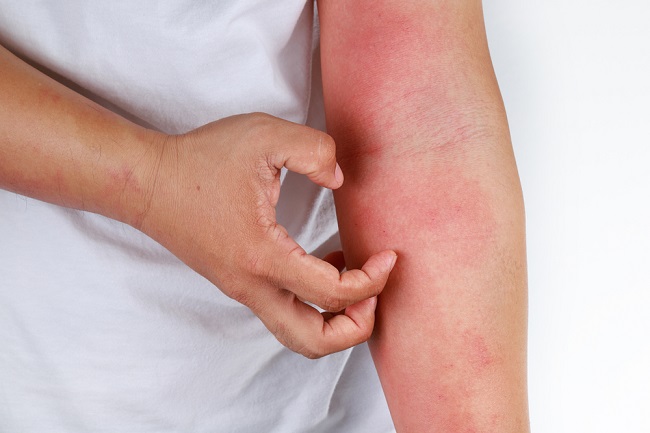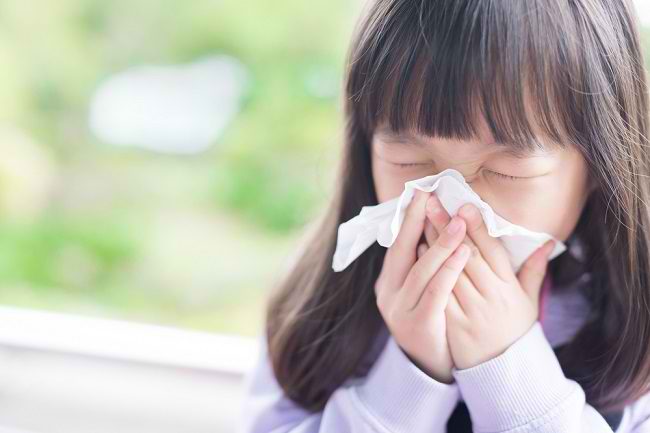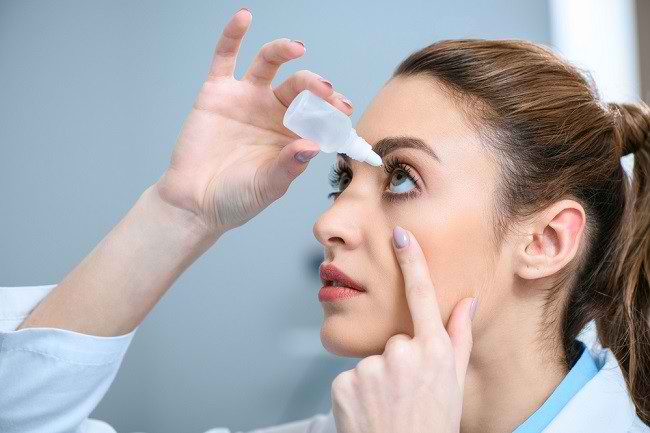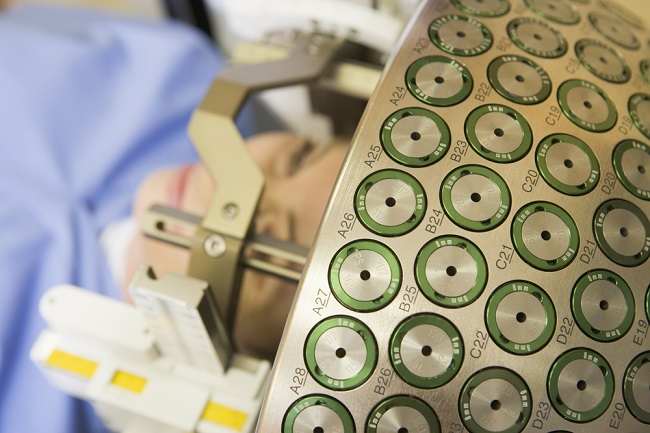Not a few people think they can be protected from air pollution while in the car. In fact, air pollution in the car is no less dangerous than air pollution outside the car. Therefore, steps are needed to reduce exposure to pollution while in the car.
Air pollution in the car can be caused by chemicals that come from the interior components of the car, from the exhaust emissions of other vehicles, and air pollution from outside that enters through the windows and air vents of the car.

Exposure to air pollution is dangerous because it can cause various health problems ranging from shortness of breath, eye irritation, respiratory problems, and even increase the risk of heart disease, nerve damage, and cancer.
Sources of Air Pollution in Cars
The following are some sources of air pollution in the car, both from outside and from inside the car itself:
- Volatile Organic Compounds (VOC), such as benzene, xylene, and toluene
- Poly brominated diphenyl ethers
- Phthalates
- Carbon monoxide
- Nitrogen dioxide
- Formalin
- Dust and various microorganisms, such as bacteria, viruses, and fungi
The concentration of air pollution sources in the car can increase sharply and become increasingly harmful to the body at certain times, for example when the car is used during the day and during rush hours, especially in urban areas.
How to Reduce Exposure to Air Pollution in the Car
Although it cannot be completely avoided, exposure to air pollution in the car can be reduced. The following are some things you can do to reduce your exposure to air pollution while driving:
1. Avoid driving during rush hour
Air pollution in the car will be higher when you are stuck in traffic. This is because air pollution from outside, such as carbon emissions from vehicle fumes, can enter the car more.
Therefore, you are advised not to drive when the traffic is heavy. However, if you must use a car during rush hour, make sure to always close the windows and maintain a safe distance from the vehicle in front of your car.
If possible, you can also look for alternative routes that are less crowded to avoid excessive pollution exposure.
2. Open and close the car window at the right time
Opening the car window while driving can indeed reduce exposure to air pollution in the car, such as dust, cigarette smoke, or dust. However, opening windows while on a busy road can actually increase your exposure to air pollution from outside the car.
Therefore, you should open windows when you are in an environment where the air is clean. Instead, close the car windows tightly when driving on a busy street or in an environment with high air pollution.
3. Avoid parking the car in the sun
Excessive sun exposure can make the air temperature inside the car hotter. This can trigger an increase in the concentration of air pollution in the car, especially VOC gases.
Therefore, try to find a parking space that is shaded and protected from the sun during the day. If available, find a parking space inside the building so that your car is not exposed to excessive sunlight.
4. Clean the car regularly
The next step to reduce air pollution in the car is to clean the interior components of the car regularly using a wet cloth.
This is important because dust particles and bacteria can stick to the inside of the car and cause the air quality in the car to be increasingly polluted.
You are also advised to do maintenance air conditioner the car regularly so that it can still filter dust optimally, so that the air quality in the car is always maintained properly.
5. Avoid using air freshener
Air fresheners are often used to make the air in the car feel fresher, cleaner, and fragrant. In fact, this product actually only disguises odors with artificial scents and does not address the actual source of the odor.
If you want to make the air in the car fresher, try to open the car window when in a clean area. In addition, you can also use natural air fresheners, such as dried pandan flowers or leaves.
Some of the ways above can reduce air pollution in the car and make the air in it fresher and cleaner to breathe. Thus, the risk of various health problems due to air pollution in the car will be reduced.
If there are complaints or symptoms due to exposure to air pollution in the car, such as headache, runny nose, cough, shortness of breath, or itching, consult a doctor to get the right treatment.









